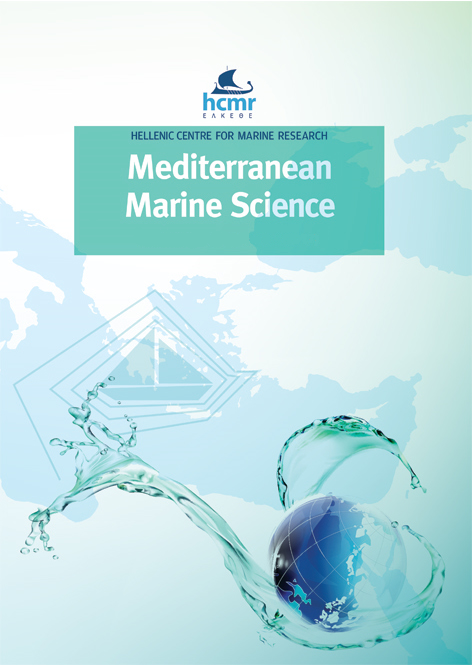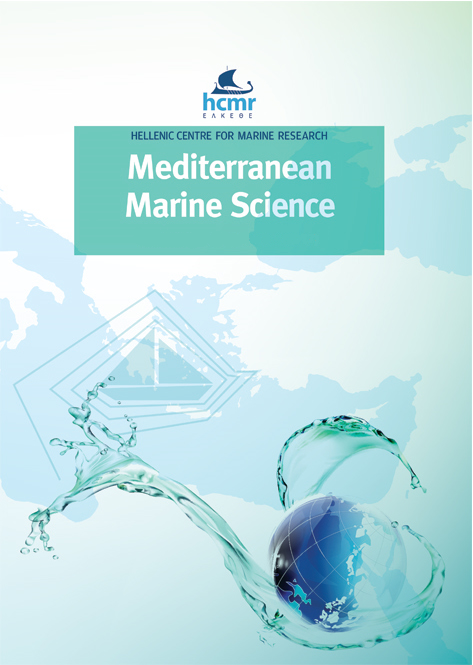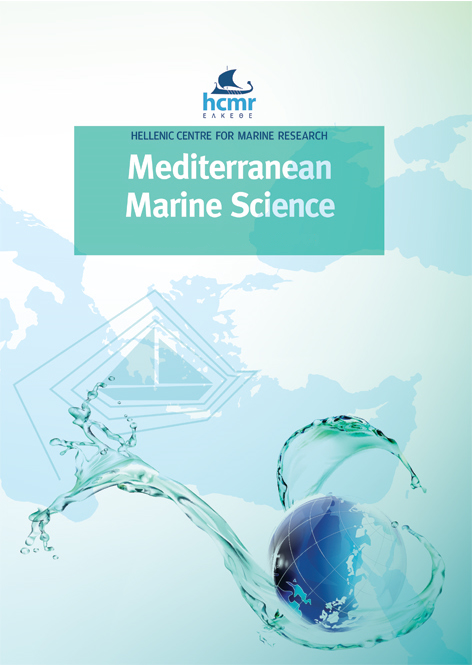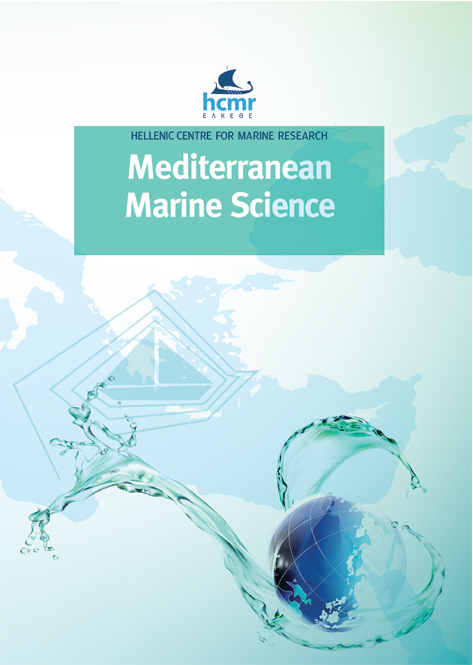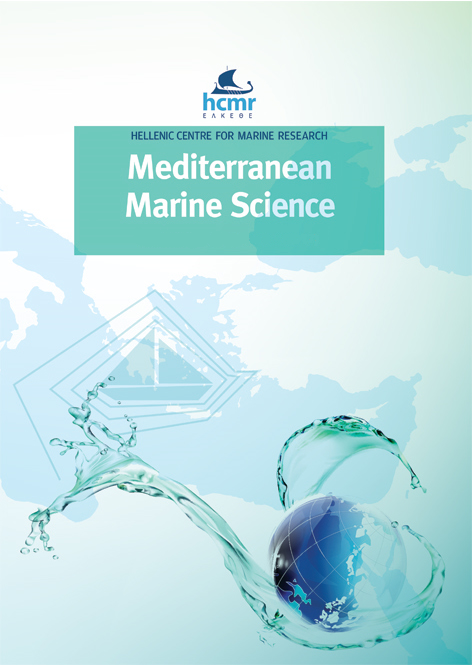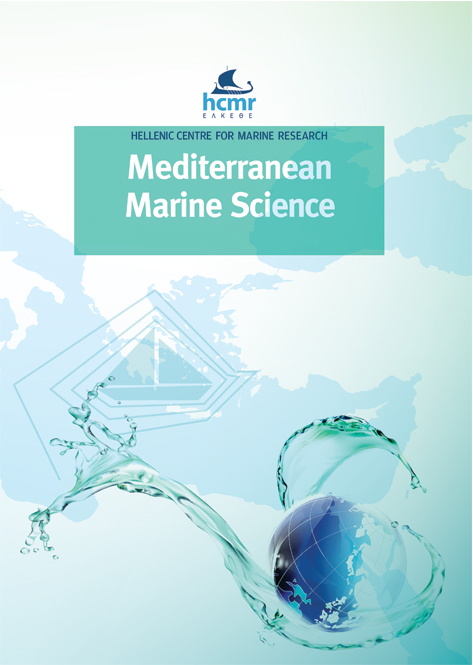First detection of the invasive protozoan Haplosporidium pinnae in the critically endangered bivalve Pinna nobilis in the Southern Mediterranean Sea (Bizerte Lagoon, Tunis) and update of its current status
Resumen
Pinna nobilis (Linnaeus, 1758) populations have been severely damaged in the last few decades, and since early autumn 2016, a mass mortality event (MME) has drastically impacted populations in the Mediterranean Sea. Accordingly, the aim of the present study was to improve the knowledge on the status of P. nobilis populations in the Bizerte Lagoon (Tunisia) between 2016 and 2022. Before the MME, P. nobilis was found in the lagoon at depths from 1.5 to 6 m, with a density ranging from 2 to 30 ind/100 m². After the MME, mortality reached 100% in the monitored area, except in the eastern part of the Bizerte Lagoon near the Menzel Jemil site, where some living specimens were detected. Moreover, in 2022, successful recruitment was observed in the lagoon. Additionally, our results revealed the presence of Haplosporidium pinnae and Mycobacterium sp. in some living specimens sampled in the Bizerte Lagoon after the MME. This finding constitutes the first detection of both pathogens in Tunisia and in the entire Southern Mediterranean Sea.
Article Details
- Cómo citar
-
LABIDI, S., VÁZQUEZ-LUIS, M., CATANESE, G., GRAU, A., KHAMMASSI, M., BEN YOUSSEF, S., & ACHOURI, M. S. (2023). First detection of the invasive protozoan Haplosporidium pinnae in the critically endangered bivalve Pinna nobilis in the Southern Mediterranean Sea (Bizerte Lagoon, Tunis) and update of its current status. Mediterranean Marine Science, 24(3), 470–481. https://doi.org/10.12681/mms.31664
- Sección
- Research Article
Authors who publish with this journal agree to the following terms:
- Authors retain copyright and grant the journal right of first publication with the work simultaneously licensed under a Creative Commons Attribution Non-Commercial License that allows others to share the work with an acknowledgement of the work's authorship and initial publication in this journal.
- Authors are able to enter into separate, additional contractual arrangements for the non-exclusive distribution of the journal's published version of the work (e.g. post it to an institutional repository or publish it in a book), with an acknowledgement of its initial publication in this journal.
- Authors are permitted and encouraged to post their work online (preferably in institutional repositories or on their website) prior to and during the submission process, as it can lead to productive exchanges, as well as earlier and greater citation of published work (See The Effect of Open Access).

